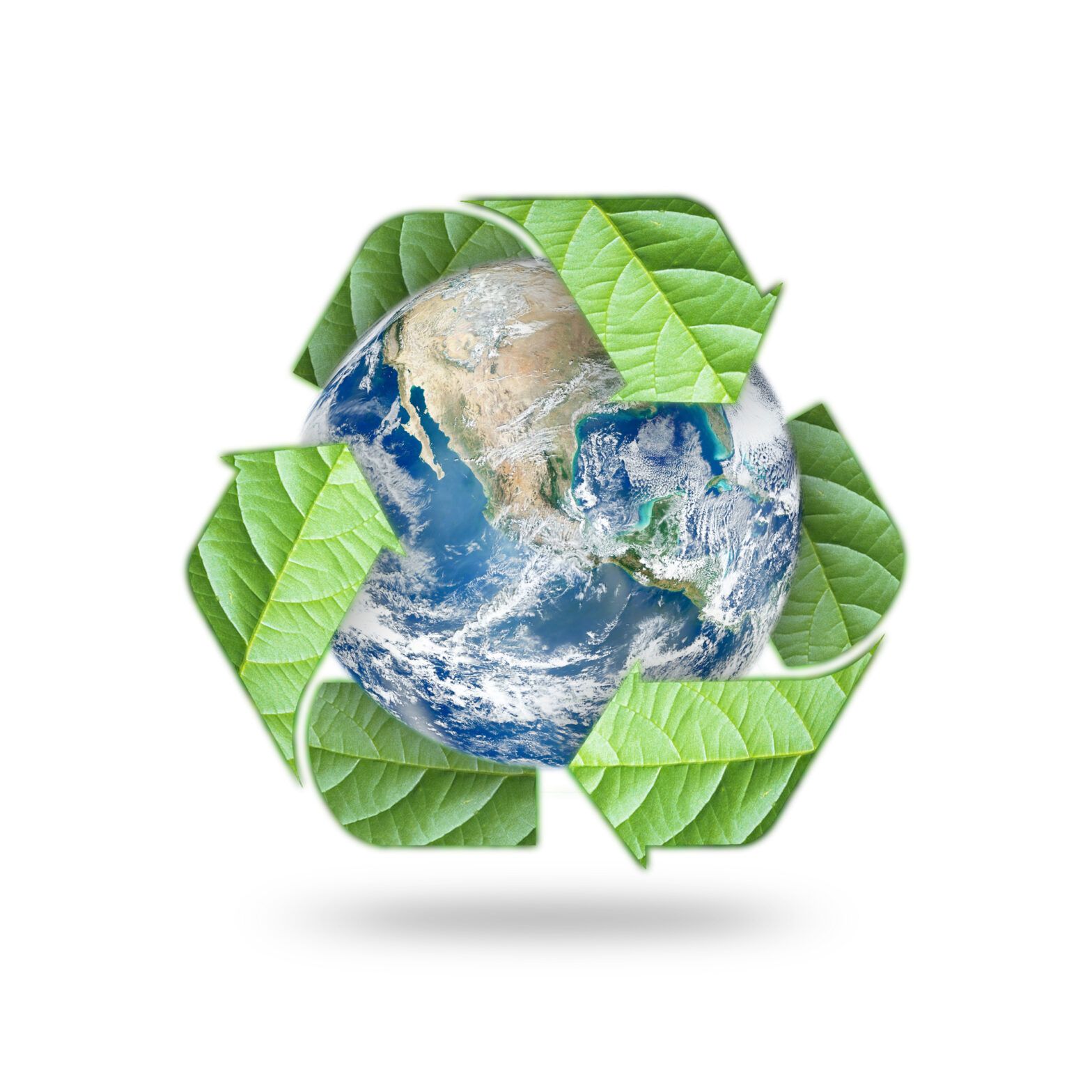Today marks Global Recycling Day, celebrating the critical role recycling plays in preserving precious primary resources and securing the future of our planet.
Recycling represents a key pillar of the circular economy – a model of production and consumption that advocates sharing, reusing, repairing, refurbishing and recycling existing materials and products for as long as possible. Here, five investment professionals share businesses contributing to a more circular world.








